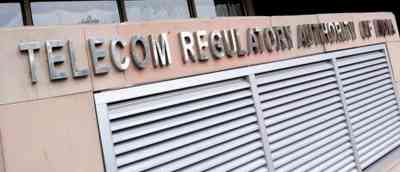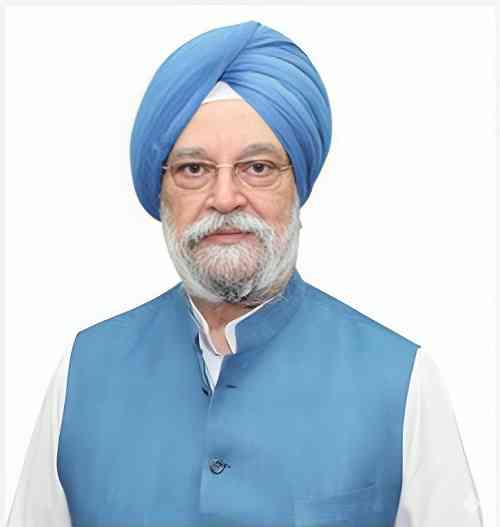TRAI releases consultation paper on digital connectivity infra provider authorisation
The Telecom Regulatory Authority of India (TRAI) on Saturday released a consultation paper on "Introduction of Digital Connectivity Infrastructure Provider Authorization under Unified License (UL)".

New Delhi, Feb 11 (IANS) The Telecom Regulatory Authority of India (TRAI) on Saturday released a consultation paper on "Introduction of Digital Connectivity Infrastructure Provider Authorization under Unified License (UL)".
The National Digital Communications Policy (NDCP-2018) emphasises on digital infrastructure, stating that "Digital infrastructure and services are increasingly emerging as key enablers and critical determinants of a country's growth and well-being". It also envisaged "enabling unbundling of different layers (e.g., infrastructure, network, services, and applications layer) through differential licensing" as one of the strategies for fulfilling its 'Propel India' mission.
The purpose of the TRAI's consultation paper is to seek views of stakeholders on the proposed DCIP authorisation under Unified License. Written comments on the paper are invited from the stakeholders by March 9, and counter-comments, if any, by March 23.
Recently, the TRAI received a reference from DoT seeking recommendations regarding creation of a new category of license, namely "Telecom Infrastructure License (TIL)"and its terms and conditions of such license, applicable license fee etc. under section 11(1) (a) of the TRAI Act 1997.
Officials said that a robust digital connectivity infrastructure (DCI) contributes significantly to economic development both by increasing productivity and by providing amenities that enhance the quality of life. In context of DCI development, various countries have aligned their telecom licensing framework to increased utilisation of resources (including spectrum), reduction of cost, attract investment and strengthen the service delivery segment by segregating the infrastructure/network layer and service/ application layers.
The advantage of such frameworks is that they simplify the licensing process and provide a more conducive environment for market growth and improvement of the socioeconomic welfare of society while considering the convergence of technologies.
DCI plays a vital and leading role in successful implementation of various government schemes under Digital India, Make in India, Ayushman Bharat Digital Mission (ABDM),Aand development of Smart Cities. The recently launched 5G will transform India into a broadband superhighway and improve the country's socio-economic structure. In this light, it is also imperative that new players are encouraged through conducive licensing framework for creation of both active and passive infrastructure. This is likely to result in increased common sharable DCI and network resources, reduction in cost, attract investment, strengthen the service delivery segment, and could also prove to be catalyst in proliferation of 5G services for Industry 4.0, enterprise segment and various other use cases.


 IANS
IANS 









